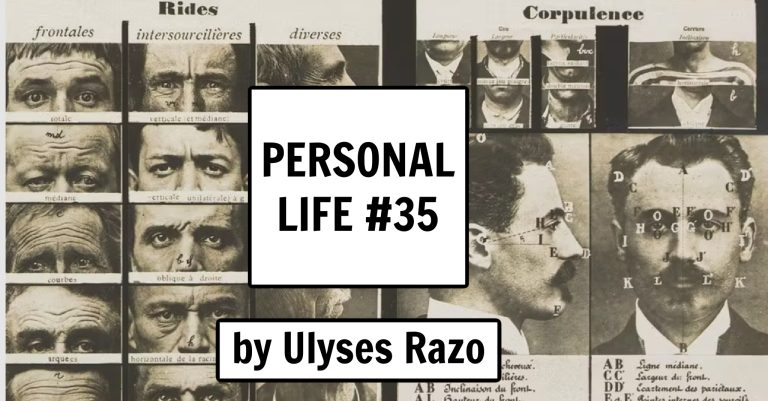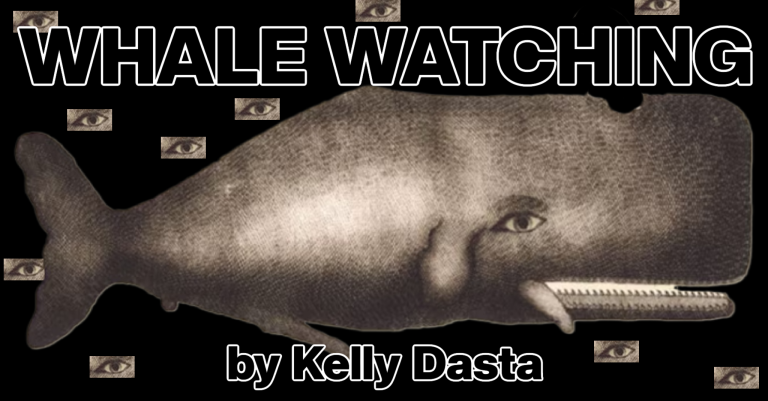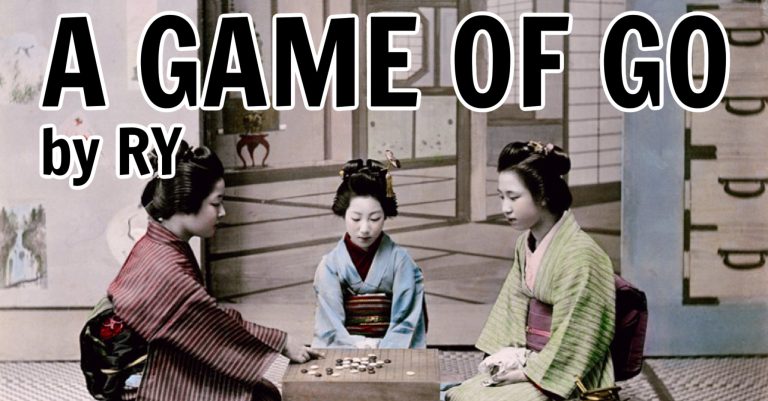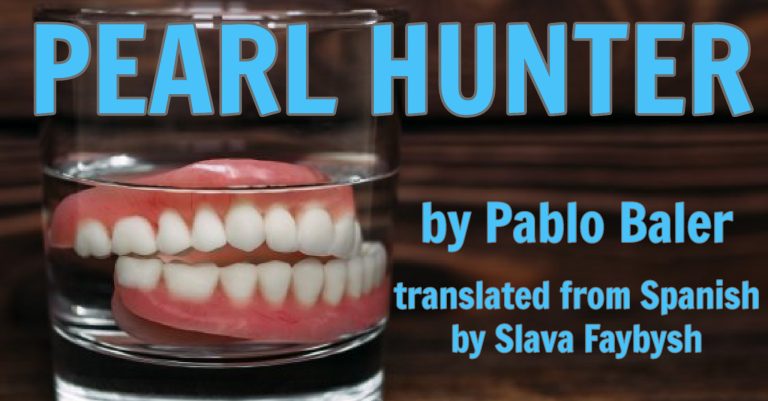
PARROT by László Darvasi, translated from Hungarian by Ági Bori
As was his habit, he lay down for an afternoon nap, although next door they were building a church. The sounds of drills, hammers, and other tools kept waking him up. He fumbled his way to the kitchen, drank two glasses of absinthe in quick little swigs, plopped back in the armchair, and stared at the ceiling. Up there, the light was moving back and forth, forming streaks and patches, devouring itself. They were puttering around next door, and he remembered that the foreman had once said to the workers that not all of them would live long enough to









